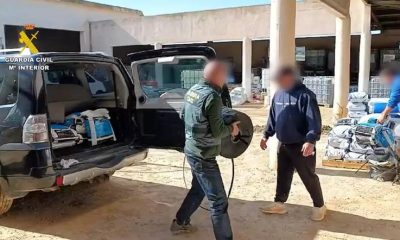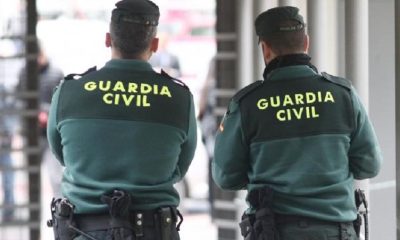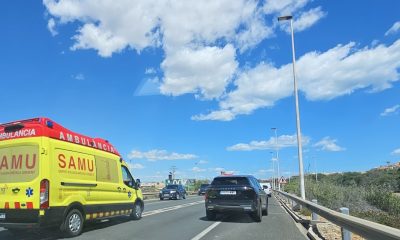Costa Blanca
Orihuela woman dies because ambulance took too long to arrive
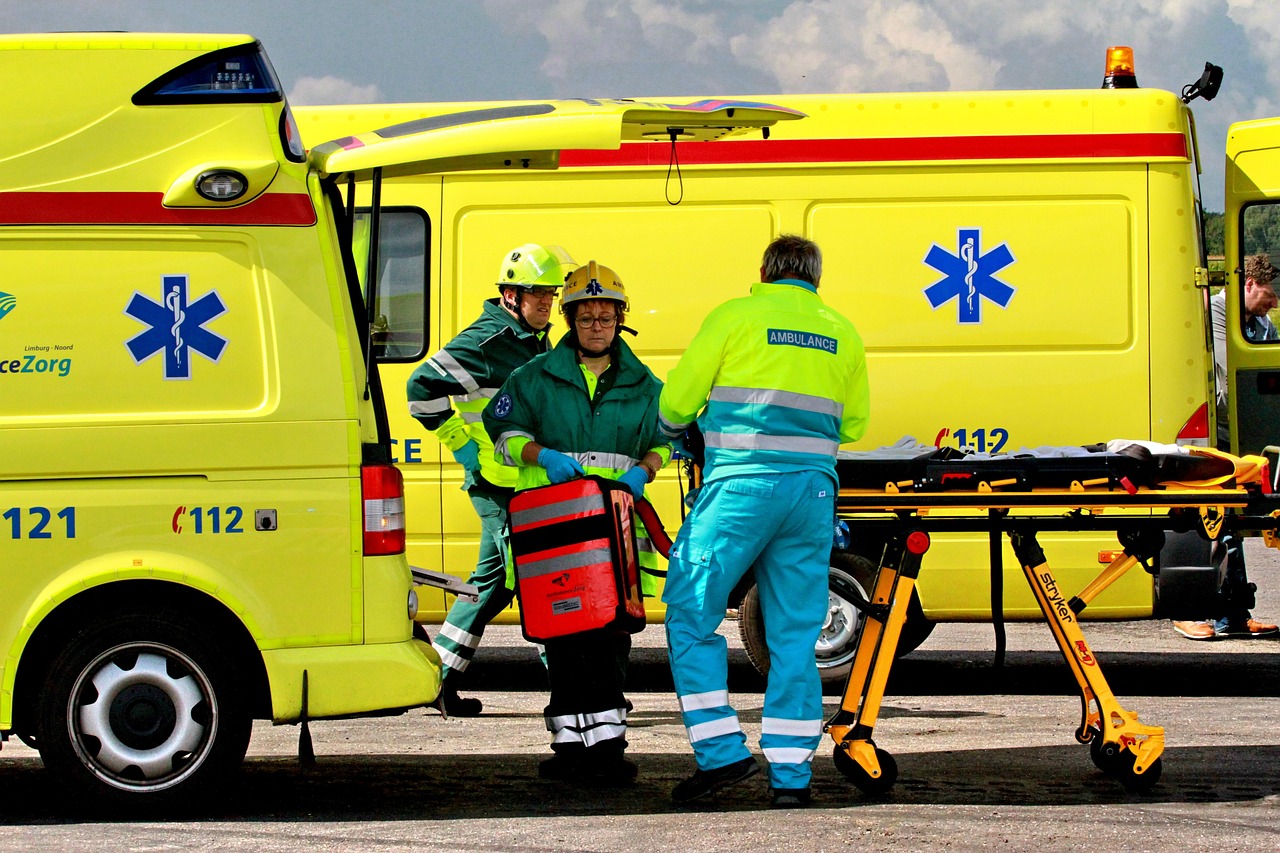
On Monday, 24th March, a 24-year-old lady passed away at her residence in Rincón de Bonanza’s Orihuela sector. According to her family, the National Police arrived earlier than the SAMU (National Emergency Medical Services), which took forty minutes to arrive.
Her uncle, Juan Ramón, says about the stressful and, most importantly, excruciating periods they went through while making a valiant attempt to escape the suffering and remember the terrible events that occurred only two days later. NAV was prescribed a pain reliever after visiting the emergency room of Vega Baja Hospital that morning for sciatica and everything going smoothly. The young lady had never experienced any health issues before. At approximately 1 p.m., his niece passed out and fell to the ground. She was talking and conscious. She informed him that her grandmother and partner were there. She lives next door, so it just took him a few seconds to get there.
After that, she experienced cardiac arrest. While the ambulance awaited its arrival, her uncle and partner both administered cardiopulmonary resuscitation. “We both knew how; I learnt in the military, and he had worked in an ambulance,” Juan Ramón adds. He claims that they attempted to resuscitate her for almost thirty minutes before National Police officers showed up there and removed them due to their weariness. “Our whole bodies hurt,” he remembers saying.
As Juan Ramón watched his niece “was losing consciousness, she was fading little by little, her pulse was losing its hold until she was left with her eyes open and glassy, in the void, with her face white and her lips purple,” he laments that the health services had asked her on the phone up to three times if she had her health card on hand.
He maintains that the ambulance “should have taken 10 minutes at most,” given that it is located on the road that links Vega Baja Hospital and the urban area. But for some reason, it took more than forty.
He states in a weak voice that this is the reason she wants to make the world aware of “what’s happening, not just for my niece, for whom nothing can be done,” but “because until it affects you, you’re not aware, but it can happen to anyone.”
She called 112 at 1:07 p.m., according to her story and the call record on her mobile phone, and gave them all the information they asked for—with the exception of her health card, which she was missing at the moment.
Three minutes after that, his niece passes out. When he gets a call at 1:12 p.m. asking for the SIP once more, Juan Ramón responds that his niece has gone into cardiac arrest and reiterates that he doesn’t have that information. He also insists that they are performing cardiopulmonary resuscitation on her and asks that they move quickly because she is in cardiac arrest.
He gets another call at 1:20 p.m. confirming that they are unable to locate his niece’s details. Once more, Juan Ramón introduces them to his niece. It seems that their last name was incorrect. They affirm that they have located her a few seconds later. She is in cardiac arrest, Juan Ramón confirms. They take him to a doctor, who enquires about his niece’s health. The doctor is surprised that they are able to do cardiopulmonary resuscitation (CPR) when he responds that they are.
A number of National Police patrols came about 1:25 p.m. Because they had been warned that the victim was conscious, the officers did not have a defibrillator, therefore they relieved Juan Ramón and NAV’s partner to continue CPR. Because they were within a short distance from the police station when they received the warning, one of the policemen objected.
An ambulance came at approximately 1:45 p.m. and took over for at least another 45 minutes, utilising all available resources, after another 15 minutes of taking turns giving CPR. However, the death was confirmed around 2:00 p.m. without any success.
The first contact, which was received at 1:03 p.m., described a woman who had fallen, was experiencing dizziness and breathing difficulties, according to the Emergency Information and Coordination Centre (CICU). At 1:05 p.m., an ambulance from the Basic Life Service was sent out.
The call was categorised as priority 1 at 1:09 p.m. when the caller dialled 112 once more, stating that they were performing basic cardiopulmonary resuscitation. While they were familiar with the approach, the CICU offered to help guide the resuscitation manoeuvres while they mobilised a SAMU unit.
According to CICU sources, the Medical Service for the Uninfected Mumps (SAMU) was already providing assistance at 1:24 p.m. Advanced cardiac resuscitation and other recovery measures were administered by the medical team, but no reaction was observed.
One ambulance
The notice was also given to the local health centre’s doctor. At the same moment as the SAMU (National Health Service), he and a nurse came in their vehicle. “The Orihuela Health Department is fully booked every day because there is only one SAMU (National Health Service), one less than the number of staff it has been assigned for the past three years,” says the medical expert, who has spent 23 years working in the local health centres.
In 2022, the Valencian Community’s urgent and non-urgent land medical transport service specifications established four medicalised units in the region, two in each of the two health areas (Orihuela and Torrevieja). However, the specifications failed to consider that the one on the Orihuela coast, which is located in Torrevieja due to its proximity, actually has three.
This “error” means that in reality, a department with a protected population of 180,000 people—including Orihuela (without the Coast), Albatera, Algorfa, Almoradí, Benejúzar, Benferri, Bigastro, Callosa de Segura, Catral, Cox, Daya Nueva, Daya Vieja, Dolores, Granja de Rocamora, Jacarilla, Rafal, Redován, and San Isidro—has only one medicalised ambulance.
In July of last year, the Vega Baja Hospital’s UGT union branch notified management of the situation and asked that “this service, which we so desperately need, be restored as soon as possible.” As of yet, there has been no settlement.
Discover more from Costa Blanca Daily
Subscribe to get the latest posts sent to your email.
Costa Blanca
Criminal group dedicated to burglary on farms in the Vega Baja dismantled

As part of Operation “Entrada25,” the Alicante Guardia Civil has dismantled a criminal organisation that was operating in the Vega Baja region and was responsible for burglaries on agricultural estates. Part of the stolen goods have been recovered and returned to their legitimate owners, but the total value of the stolen goods is estimated to exceed 40,000 euros. One individual has been apprehended, and two others are currently being investigated as a consequence of the investigation.
In late 2024, the Torrevieja Field Robbery Team initiated an investigation into the incident in response to numerous complaints. The perpetrators were observed by the investigators to be obtaining access to the facilities by forcing locks or doors, exploiting periods when no personnel were working, and stealing high-value products such as fertilisers, compost, and phytosanitary products.
The Torrevieja Field Robbery Team received assistance from the Seprona (National Police Service) in Guardamar del Segura, the Guardia Civil stations in Guardamar and Callosa de Segura, and the local police forces of Catral, Almoradí, Rafal, Cox, Granja de Rocamora, Algorfa, Benijófar, Formentera del Segura, Rojales, Benejúzar, Los Montesinos, and San Miguel de Salinas. The operation’s success was significantly influenced by the coordinated efforts of all divisions, as well as the investigation and analysis of evidence that was obtained. This led to the identification and location of the perpetrators and the discovery of some of the stolen material.
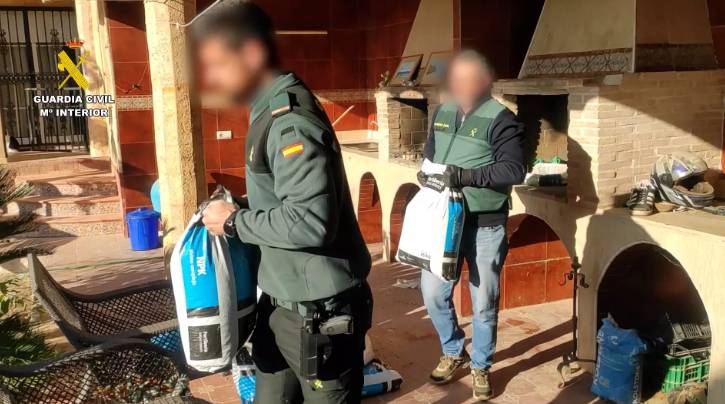
Additionally, the operation included numerous examinations of suspicious farms, warehouses, and vehicles, which were crucial in elucidating the events.
One of the suspects, a 35-year-old male, was apprehended as part of the established operations at the end of March. Subsequently, two additional males, aged 39 and 48, were identified and investigated. Five counts of burglary and an additional count of membership in a criminal organisation have been filed against each of the three individuals.
The Orihuela Court of Instruction issued an order for the detainee’s release, subject to the imposition of precautionary measures.
The Civil Guard remains committed to the prevention of this form of crime and underscores the significance of public collaboration in the fight against agricultural theft.
Discover more from Costa Blanca Daily
Subscribe to get the latest posts sent to your email.
Costa Blanca
Swift Arrest of Dutch Fugitive in Benidorm
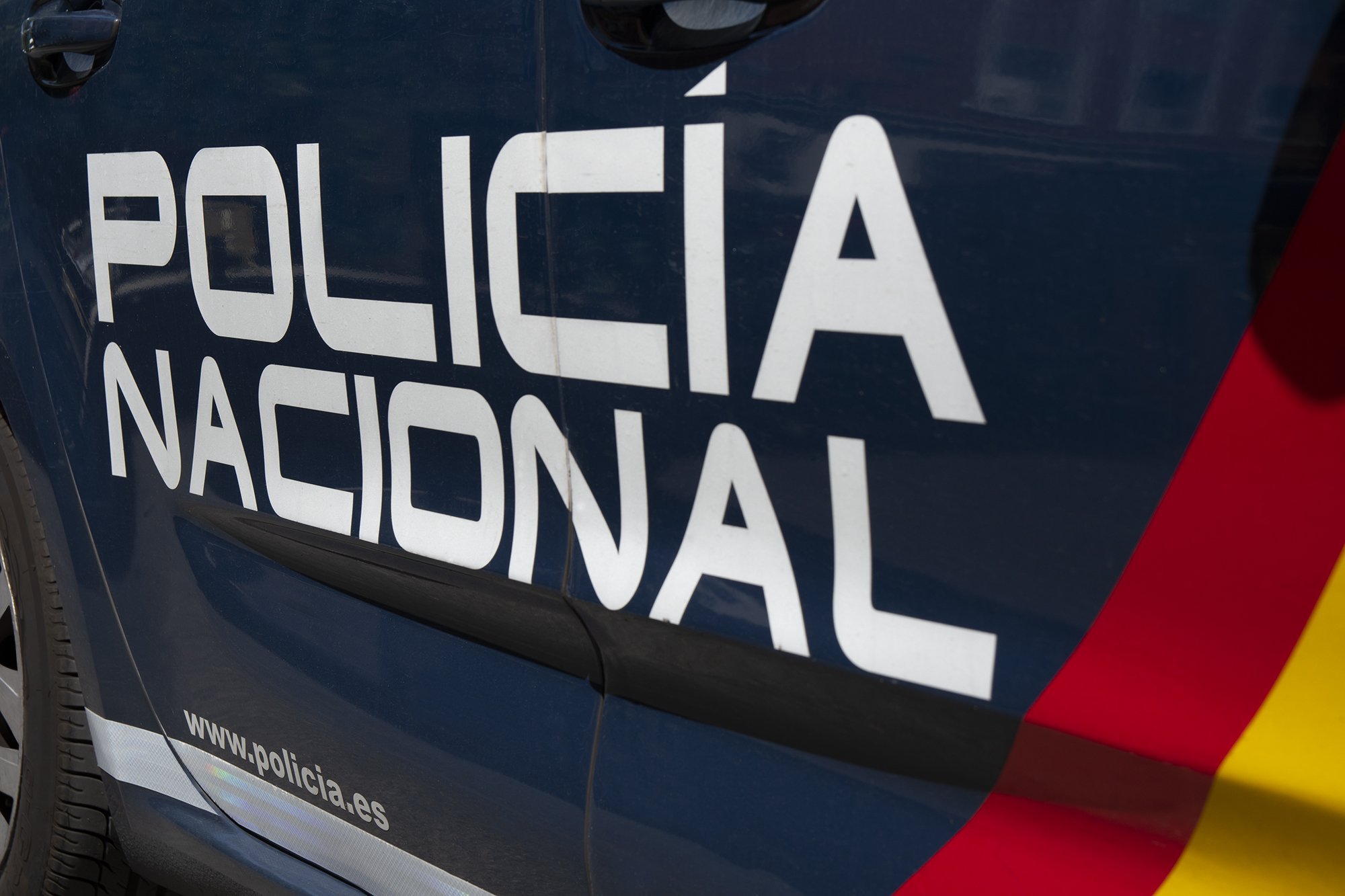
A 28-year-old Dutch fugitive who was hiding in Benidorm was identified by his evasive conduct. A man in the Marina municipality has been apprehended by National Police officers. The man was the subject of a European Arrest Warrant for Extradition (EAW) issued by the Dutch authorities.
The crime of illegally possessing a firearm in 2024 led to this individual’s nine-month imprisonment. In mid-April, the fugitive fled to Spain after failing to comply with the sentence. The requesting country issued a European Arrest Warrant, with four months remaining.
The fugitive was apprehended by officers from the Benidorm Citizen Security Brigade after they identified him as acting evasively in their presence and verified that he had a European arrest warrant issued.
In January 2024, the detainee was apprehended by the Dutch police while carrying a short firearm without a valid licence. As a result, he was sentenced to three years in pre-sentence prison for the actions he committed.
Discover more from Costa Blanca Daily
Subscribe to get the latest posts sent to your email.
Costa Blanca
Torrevieja Local Police remove e-scooters
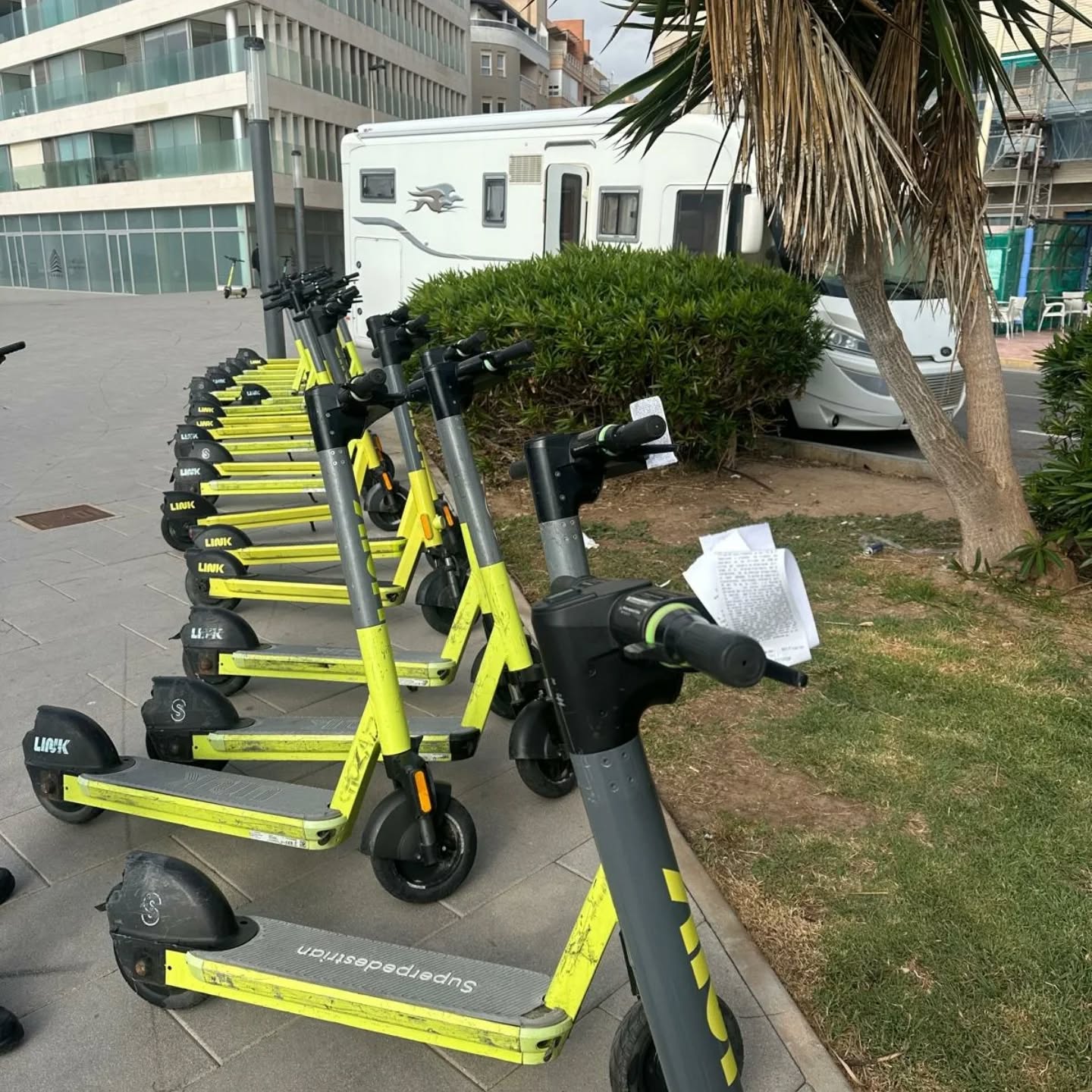
The Local Police of Torrevieja have removed 22 e-scooters that were improperly parked on the promenade adjacent to Avenue de la Purísima.
The vehicles were reported for parking in a pedestrian zone in a manner that did not adhere to the current regulations.
Parking is not permitted in pedestrian areas, walkways or footpaths. The passage should also not be obstructed by scooters, which should be parked in approved areas.
Discover more from Costa Blanca Daily
Subscribe to get the latest posts sent to your email.
-
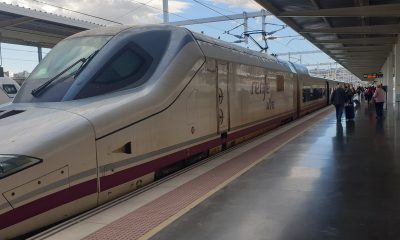
 News2 weeks ago
News2 weeks agoMadrid-Lisbon high-speed train to cut journey time from 10 hours to three
-
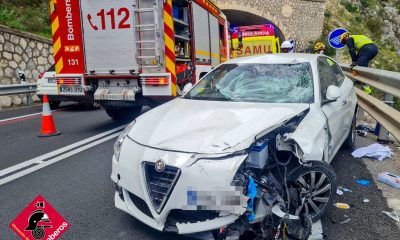
 Costa Blanca2 weeks ago
Costa Blanca2 weeks agoDriver arrested, one dead and two injured after car hits cyclists in Calpe
-
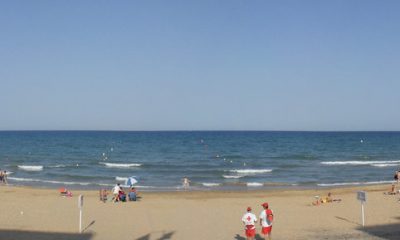
 Costa Blanca2 weeks ago
Costa Blanca2 weeks agoA swimmer adrift in an inflatable rescued off Guardamar beach
-
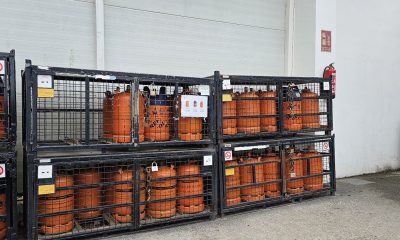
 Costa Blanca2 weeks ago
Costa Blanca2 weeks agoGoodbye forever to the traditional butane gas bottle
-

 News2 weeks ago
News2 weeks agoPope Francis has died, the Vatican says
-
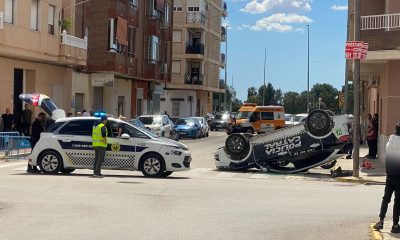
 Costa Blanca2 weeks ago
Costa Blanca2 weeks agoCatral Local Police car ends up upside down after accident
-
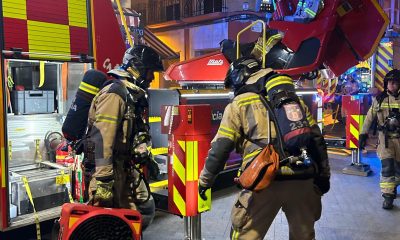
 Costa Blanca2 weeks ago
Costa Blanca2 weeks agoFirefighters extinguish fire in a restaurant in the centre of Murcia
-
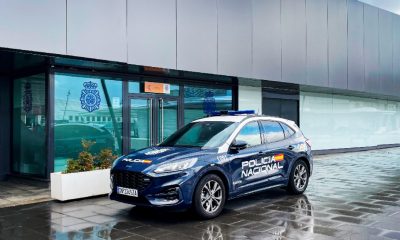
 Costa Blanca2 weeks ago
Costa Blanca2 weeks ago“Drug Supermarket” in Denia closed by Police

